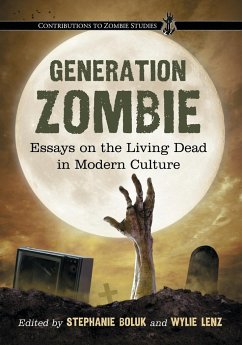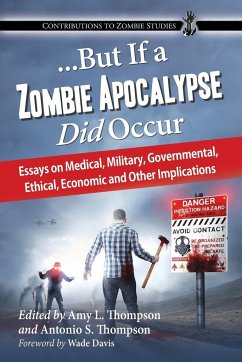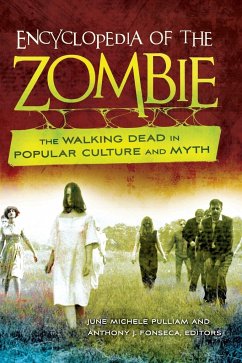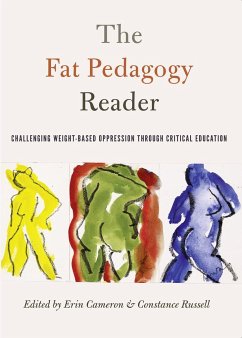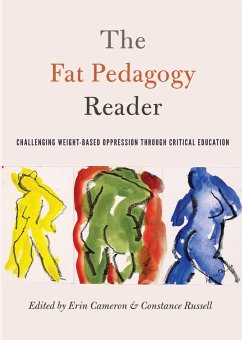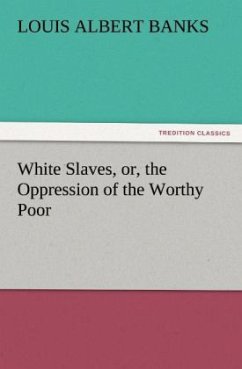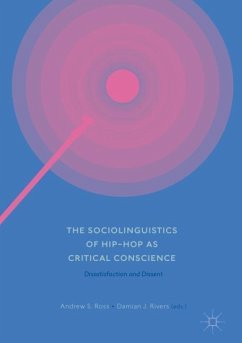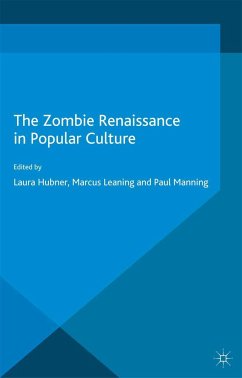
Race, Oppression and the Zombie
Essays on Cross-Cultural Appropriations of the Caribbean Tradition
Herausgeber: Moreman, Christopher M.; Rushton, Cory James
Versandkostenfrei!
Versandfertig in 1-2 Wochen
32,99 €
inkl. MwSt.

PAYBACK Punkte
16 °P sammeln!
The figure of the zombie is a familiar one in world culture, acting as a metaphor for "the other," a participant in narratives of life and death, good and evil, and of a fate worse than death--the state of being "undead." This book explores the phenomenon from its roots in Haitian folklore to its evolution on the silver screen and to its radical transformation during the 1960s countercultural revolution. Contributors from a broad range of disciplines here examine the zombie and its relationship to colonialism, orientalism, racism, globalism, capitalism and more--including potential signs that ...
The figure of the zombie is a familiar one in world culture, acting as a metaphor for "the other," a participant in narratives of life and death, good and evil, and of a fate worse than death--the state of being "undead." This book explores the phenomenon from its roots in Haitian folklore to its evolution on the silver screen and to its radical transformation during the 1960s countercultural revolution. Contributors from a broad range of disciplines here examine the zombie and its relationship to colonialism, orientalism, racism, globalism, capitalism and more--including potential signs that the zombie hordes may have finally achieved oversaturation. Instructors considering this book for use in a course may request an examination copy here.




